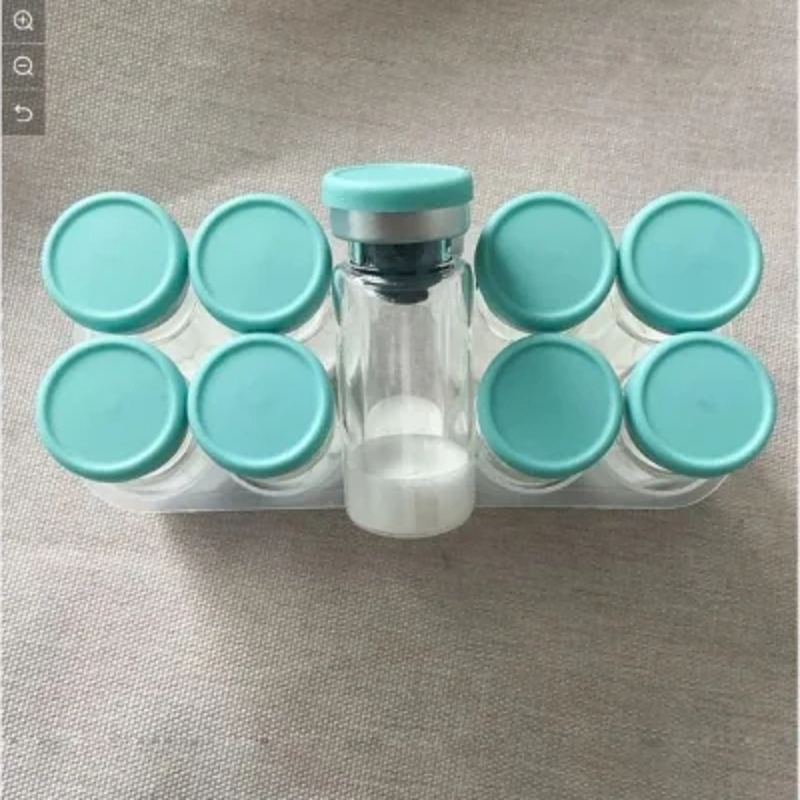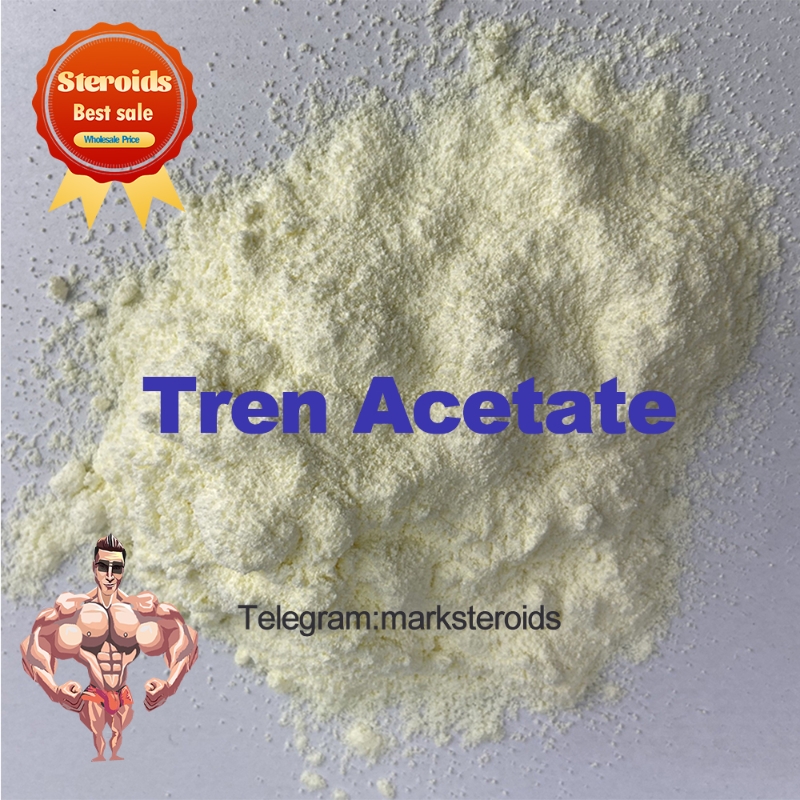-
Categories
-
Pharmaceutical Intermediates
-
Active Pharmaceutical Ingredients
-
Food Additives
- Industrial Coatings
- Agrochemicals
- Dyes and Pigments
- Surfactant
- Flavors and Fragrances
- Chemical Reagents
- Catalyst and Auxiliary
- Natural Products
- Inorganic Chemistry
-
Organic Chemistry
-
Biochemical Engineering
- Analytical Chemistry
-
Cosmetic Ingredient
- Water Treatment Chemical
-
Pharmaceutical Intermediates
Promotion
ECHEMI Mall
Wholesale
Weekly Price
Exhibition
News
-
Trade Service
Chromium copper oxide (Cr2CuO4), also known as chromium cuprate, is an important material in the chemical industry due to its unique properties.
It is a type of transition metal oxide that is often used as a catalyst in various chemical reactions.
In this article, we will explore some of the most common applications of chromium copper oxide in the chemical industry.
- Catalyst
One of the most common applications of chromium copper oxide is as a catalyst in various chemical reactions.
It is used in the production of chemicals such as ethylene, propylene, and coke, among others.
Chromium copper oxide can also be used in the cracking of hydrocarbons, which involves breaking large molecules into smaller ones to produce useful chemicals.
The high activity and selectivity of chromium copper oxide make it an ideal catalyst for these reactions.
- Electrochromism
Chromium copper oxide is also used in electrochromism, which is the process of changing the color or transparency of a material in response to an electric field.
This property is used in the production of electrochromic glass, which can be used in smart windows and other applications.
By applying a voltage to a chromium copper oxide layer, the color of the material can be changed, allowing the amount of light that passes through to be controlled.
- Supercapacitors
Chromium copper oxide is also used in the production of supercapacitors, which are energy storage devices that can store large amounts of energy in a small volume.
Supercapacitors have a number of applications, including power backup systems, regenerative braking in hybrid electric vehicles, and renewable energy systems.
Chromium copper oxide is used in the production of electrodes for supercapacitors due to its high surface area and electrical conductivity.
- Sensors
Chromium copper oxide can also be used in the production of sensors due to its unique properties.
For example, it can be used to produce gas sensors that can detect the presence of volatile organic compounds (VOCs) in the air.
The sensors work by coating a chromium copper oxide layer on a substrate and exposing it to the VOCs.
The resistance of the layer changes in response to the presence of the VOCs, allowing the sensor to detect the presence of the gas.
- Batteries
Chromium copper oxide can also be used in the production of batteries due to its high energy density and good electrical conductivity.
It can be used in the production of rechargeable batteries, such as lithium-ion batteries, as well as non-rechargeable batteries.
The high surface area of chromium copper oxide makes it an ideal material for use in battery electrodes.
In conclusion, chromium copper oxide is a versatile material with a wide range of applications in the chemical industry.
Its unique properties make it ideal for use as a catalyst, in electrochromism, supercapacitors, sensors, and batteries.
As the demand for these applications continues to grow, the importance of chromium copper oxide will only continue to increase.







